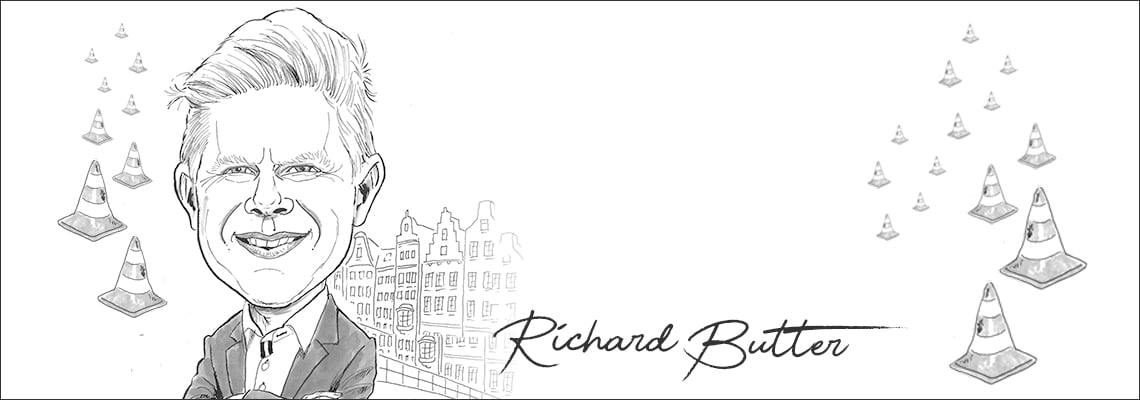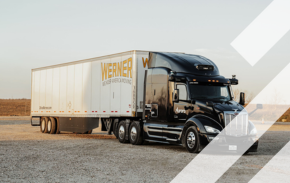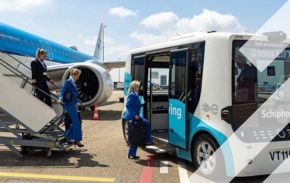Richard Butter Column: Are we ready for autonomous driving?

It is wintertime. You open the curtains and see rain pouring down. As a commuter you know what this means: congestion, big time. Nevertheless you jump into your car and do what most commuters do in this situation: you drive a little and then end up staring at the back of a long line of traffic.
Why, when we know there is congestion on our roads, do we feel pressure to get into our cars instead of staying at home? Especially in this age where we are connected everywhere – and certainly at home. Why don’t we start our working day at home, make a few calls, do our email and reschedule a meeting? The answer, I think, is our old-fashioned office mentality. We feel that we should be at the office to avoid having our colleagues think that we aren’t working. But in this era of connectivity, it is complete nonsense to feel that way. We must trust each other – but that is another discussion in itself.
We will never solve the issue of traffic congestion if we don’t change our mindsets first. So are there any other parts of our current thinking that could be holding us back from realizing the true potential of our roads?
I believe another potential barrier is our generation’s inability to completely adopt new technologies. For example, I drive a Mitsubishi Outlander that has several autonomous features, such as adaptive cruise control and lane departure assistance. However, the first thing I do each morning is disconnect the lane departure assistance because of the annoying sound it makes when the vehicle crosses road markings. It feels more like an obstacle than a supportive feature and that has something to do with my generation – we were not raised on connectivity and iPads.
In that respect, I heard an interesting story from a friend who did a nice experiment. He is responsible for a startup that deals with multimodality service cards and he drives the latest ‘autonomous’ Audi with more than 100 driver assistance features. He took his son, who just got his driving license, on a 200km (125-mile) roundtrip to see his grandmother in the northern part of the Netherlands. On the way there they drove with all features on, and on the way back drove with them all off – the ‘old fashioned way’, so to say. Interestingly, his son didn’t feel comfortable driving with all the features off.
It is safe to say that the new generation Z, born between 1995 and 2012, is ready for autonomous driving and their mindset is different from ours. This generation is growing up in a highly sophisticated media and computer environment. They are more internet savvy and expert than we (generations X and Y) will ever be.
The new generation will be completely ready for autonomous driving, even if our generation won’t. And in the years to come, congestion will disappear ‘as snow for the sun’ (a Dutch saying).
Richard Butter is director of traffic technology at RAI Amsterdam and is responsible for Intertraffic worldwide events, www.intertraffic.com
Share your story
Do you have an innovation, research results or an other interesting topic you would like to share with the professionals in the infrastructure, traffic management, safety, smart mobility and parking industry? The Intertraffic website and social media channels are a great platform to showcase your stories!
Please contact our Sr Brand Marketing Manager Carola Jansen-Young.
Are you an Intertraffic exhibitor?
Make sure you add your latest press releases to your Company Profile in the Exhibitor Portal for free exposure.


.png?h=183&iar=0&w=290)
